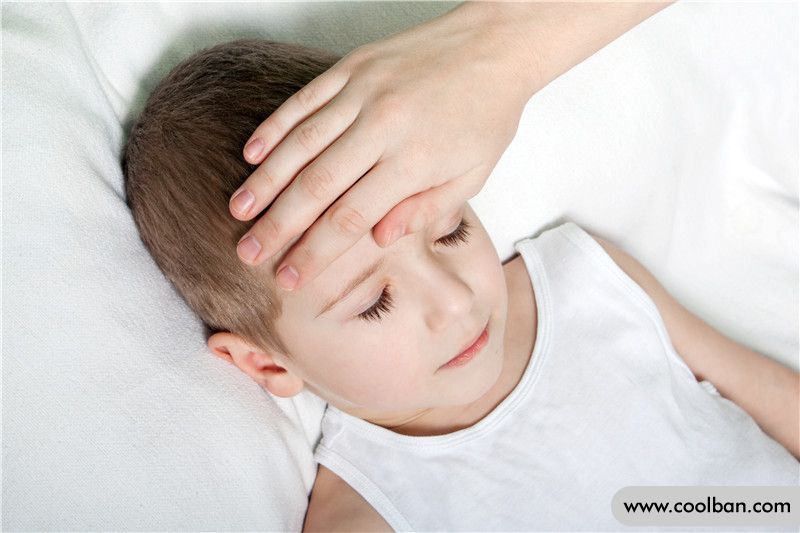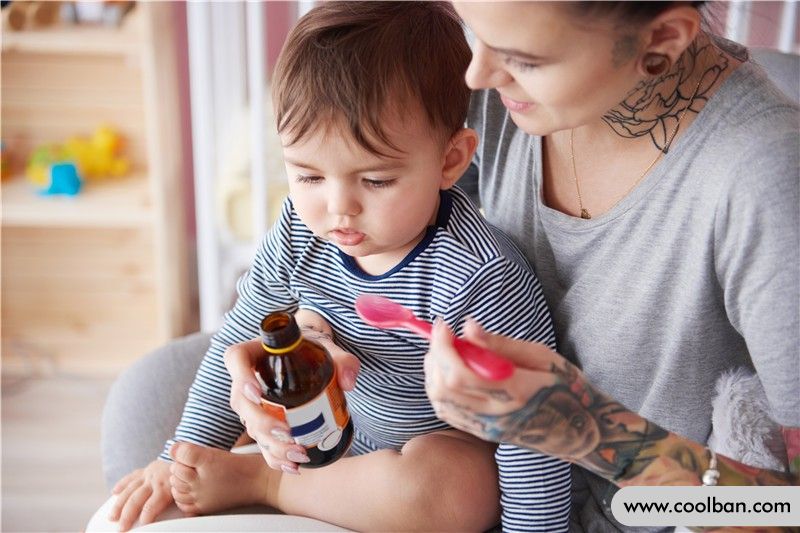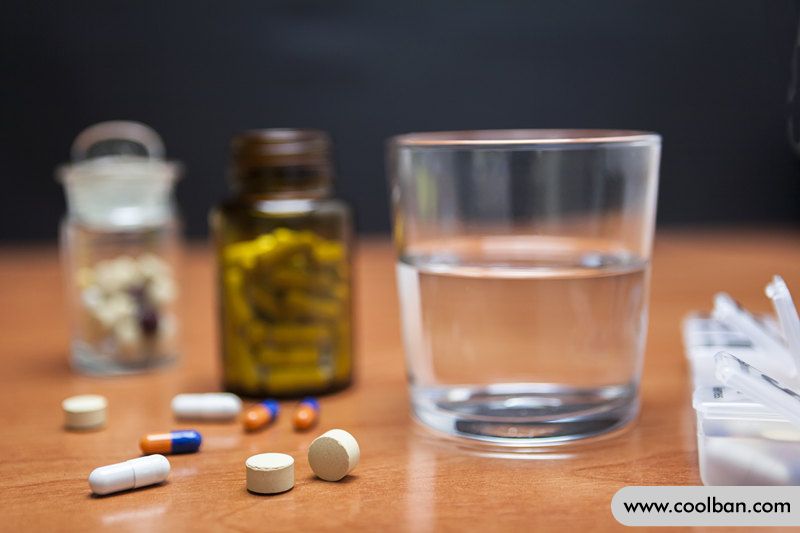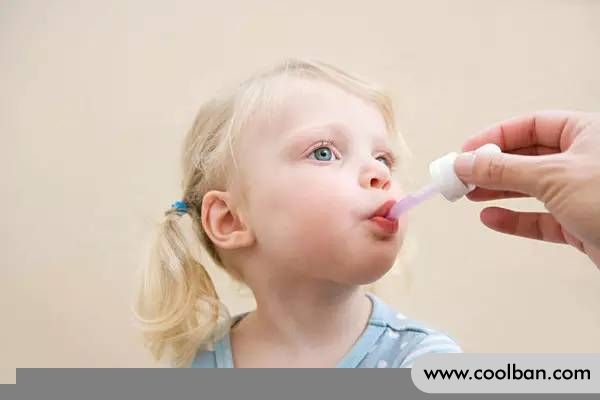Have you ever made these 5 common mistakes in pediatric medicine?
When encountering common symptoms such as headache, brain fever, cold and fever in children, parents can't wait to teach themselves to become masters of medicine. But many parents don't know that sometimes the child's condition does not require medication;

Common mistake 1: Intentionally increase the dosage
This type of error is most common with antipyretics. As soon as a child has a fever, some parents mistakenly believe that "the more medicines are used, the faster the fever will go away". So I deliberately increased the dosage on the basis of the instructions, or took various drugs in a multi-pronged manner, and felt that the effect was good.
But in fact, most drugs are metabolized and excreted through the liver and kidneys when they enter the body. The child's liver and kidney functions are not yet sound, and overdose should be avoided as much as possible or the use of too many kinds of drugs at the same time to avoid Cause liver and kidney damage.

In addition, when multiple drugs are given to children at the same time, parents need to read the instructions carefully and pay attention to the active ingredients of each drug to avoid repeated use of drugs and aggravate adverse reactions.
Common mistakes 2. Abuse of antibiotics
If a child has a cough, parents are often worried that the disease will develop into pneumonia, and there are many people who immediately give antibiotics to their children.
We often say that antibiotics cannot be abused. If the child does not suffer from bacterial diseases, but the use of antibiotics is "abuse". And misuse can cause bacteria to become resistant to antibiotics.

In fact, whether the cough is dealt with in time has nothing to do with whether it will lead to pneumonia, cough is just a symptom of pneumonia. Cough can be caused by many reasons, and it is necessary to treat according to syndrome differentiation.
Common mistakes 3. Be your own doctor
Some parents think that they have rich experience. When their children are sick, they become "local doctors" and arbitrarily dispense medicines to their children. Little do they know that if the medicine is used for the symptom, it is medicine, and if it is not symptomatic, it is poison!
Even if you have red dots on your body, there are at least a dozen different causes. Without professional knowledge, how dare you give your child drugs indiscriminately? If the usage is wrong, the dosage is wrong; if the diagnosis is wrong; even the frequency of giving the medicine to the child is wrong...
These are all hidden dangers! Therefore, if your child is sick, go to the hospital as soon as possible, but don't be smart.

Common mistakes 4. Superstition folk remedies
Some parents, especially grandma-level parents, are very superstitious about those popular folk remedies. But in fact, many remedies have no scientific basis, and some not only do not cure the disease, but may even kill you! For example, what breast milk to treat psoriasis, breast milk to clean the child's eye mucus, the child to cover the sweat when he has a fever, and so on.
There are also some parents who may think that "pure natural" and "plant-based" medicines and health products are safer than chemical medicines.
Here, parents must be reminded that chemical drugs are only approved for marketing after clinical trials, , so any adverse reactions that occur during the trial will be indicated in the drug insert. However, many remedies obviously lack data for reference in this regard, and may not be safer and more effective. 
Common mistakes 5. Resolutely do not take medicine
This type of parent is just the opposite of the first type of parent above: resolutely not to give the child medicine, boil it if they can, euphemistically called it strengthening the resistance.
Pediatric experts believe that how to deal with a child's illness should be consulted with a pediatrician. Blindly "boiled" will not only fail to enhance the child's resistance, but will sometimes delay the disease.
Whether a child can survive illness depends on the specific physical condition. The safest plan is to take the child to a nearby hospital for a check-up.
